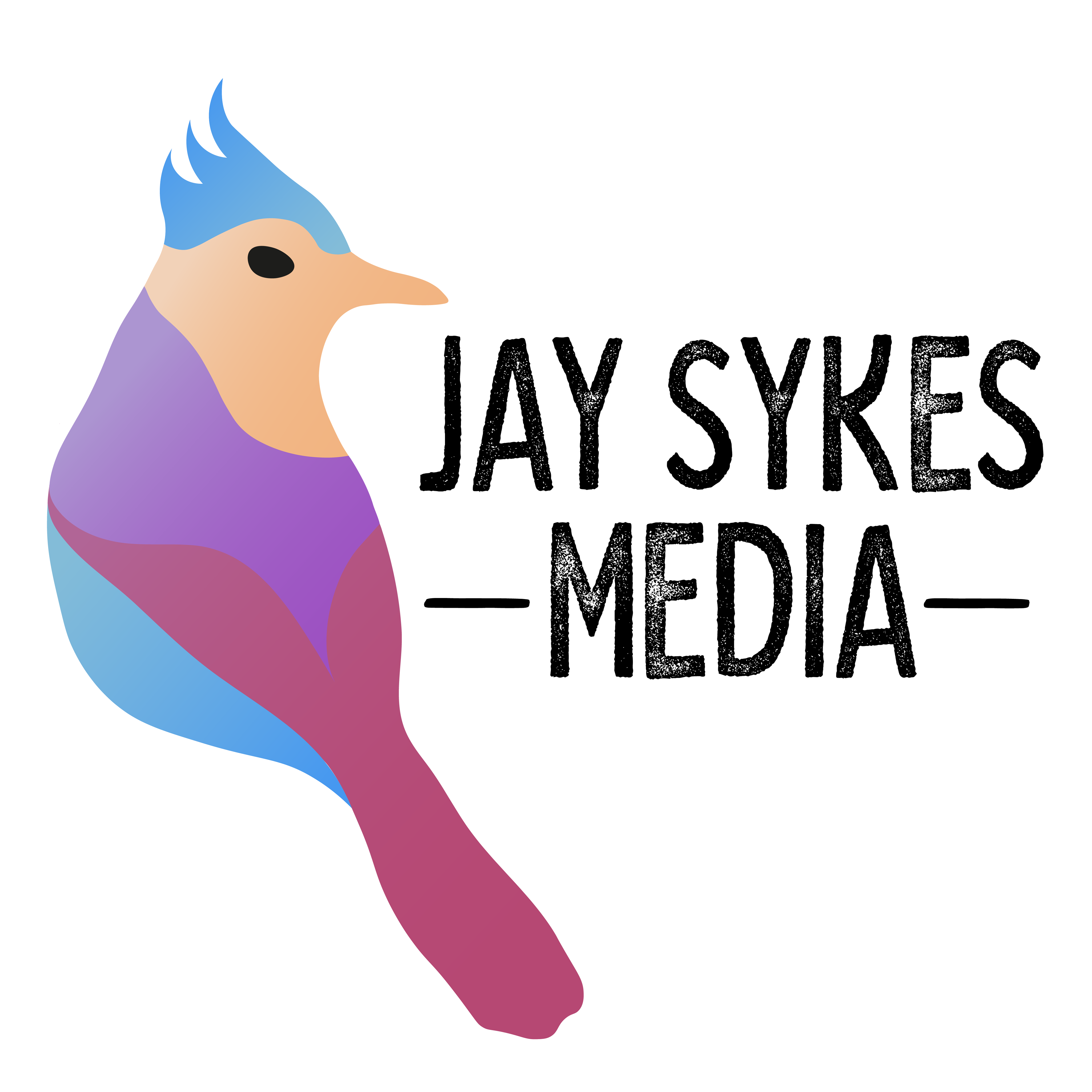You’ll hear from established professionals across the industries, interlaced with experiences from young people at the start of their careers, as we explore the impacts, issues, and opportunities highlighted by the pandemic.
Joining the discussion is Catherine Ritman-Smith Head of Learning and Engagement, Young V&A and Alex Porter-Smith Co-founder & Head of Production at High Tide Media. During this 40-minute preview episode, they cover a range of topics from how the pandemic has highlighted some of the inequalities in society, how the cultural sector has adapted, the impact on freelancers, and much more.
With the pandemic having a disproportionately negative effect on young people trying to build careers in the creative industries, has an already-established prejudice against hiring from disadvantaged backgrounds become even worse?
Joining the discussion is Suba Das, Artistic Director and CEO of HighTide; and Vilma Nikolaidou Associate Director, People Strategy University Arts London.
We also hear from Danielle Edmunds and Calum Macdonald, two young people who participated in the Cultural Ambition programme, and shared their perspectives on pathways into the museum and heritage sector.
In a sector rocked by the pandemic, freelancer workers have been hit hard without the structure or financial support of an organisation. Freelancers are multi-skilled, resourceful, creative, passionate, adaptable, and dynamic individuals, but if they have been abandoned by the cultural sector during this time, then why should they return as the industry rebuilds?
Joining the discussion is Prema Mehta, lighting designer and founder of Stage Sight; and Sarah Shead, founder of Spin Arts.
Apprenticeships, a tool to develop much-needed occupational competence, can play a vital role in widening entry routes into the creative and cultural sector thus diversifying its workforce. If entry routes into the cultural sector should be available for all those with talent, why does the sector not make better use of Apprenticeships, which address both skills gaps in the sector and open employment opportunities to a greater section of society?
Joining the discussion is Bendy Ashfield, Apprenticeships Manager at Royal Opera House; Jakki Jeffery, Head of Faculty, Creative Industries at Edinburgh College; Emma Blake Morsi, a Multidisciplinary Arts Producer; and Ellen Johnson, a Project Officer at Tyne and Wear Archives and Museums.
Despite being a dynamic and responsive sector in many ways, the creative and cultural industries still rate poorly for both ethnic and social diversity, even at entry-level. What is stopping the sector from better representing the wider working population and its own audiences?
Joining the discussion is Leila D’Aronville, director of Northern Roots; and Tajpal Rathore, Artistic Director & Executive Producer of Tribe Arts.
Volunteering is a long-established practice in many cultural organisations, and there are numerous reasons that can motivate someone to volunteer – often social or altruistic reasons. It can build confidence and introduce skills to help people make the next step into paid employment. But are organisations in the creative and cultural industries doing enough to support this type of volunteer?
During this episode we hear from Esther Lisk-Carew, Volunteers Coordinator for the Manchester International Festival (MIF) and co-chair of the Heritage Volunteering Group in the North West and Rosie Wylie, Community Engagement Manager at Historic Environment Scotland. Throughout the episode, we also hear from Maya, Amy and Dylan, who recently volunteered at MIF 2021.
In this bonus episode, we hear a discussion between two former apprentices; Emma Blake Morsi, a Multidisciplinary Arts Producer; and Ellen Johnson, a Project Officer at Tyne and Wear Archives and Museums. The recording was made as part of our feature-length episode, "Apprenticeships work for other sectors, do they work for ours?"
Creative & Cultural Skills supports the UK cultural sector by shaping skills, education, and employment best practice. We want to see the sector build back fairer and more inclusive. We intend to speak directly to professionals within or aligned to the cultural sector, alongside experts in the respective topics that we cover, encouraging debate and discussion. Crucially we will also be giving voice to young people who may not otherwise have a platform to share their lived experiences and give their own opinions regarding what needs to change and improve.
